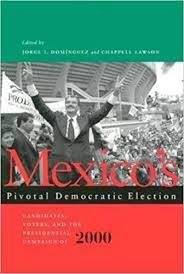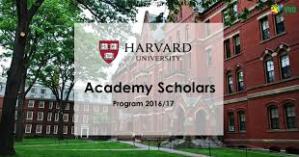
Interviewed on The Cuban Economy in a New Era: An Agenda for Change toward Durable Development, a work he co-edited, Harvard professor Jorge Dominguez in July 2018 brought focus to the economic underpinnings that impelled Cuba to expand its tourism and services export sectors over the past decade. Jorge Dominguez also explored the nation’s three-decades-long efforts to create a world-class biotechnology sector.
With Cuba’s applied science program operates at the highest level, the business side of its biotech endeavors has been underwhelming. For instance, there is not enough client-informed knowledge of how to accomplish tasks such as producing deliverables on time. With efforts underway to improve business practices, whether it will ultimately be successful is still unclear.
Another major thrust in Cuba’s strategy is obtaining needed capital through attracting foreign direct investment (FDI), which was not encouraged under former president Fidel Castro. With Castro’s son Raul, his successor, having made forays into FDI, it remains to be seen whether new president Miguel Díaz-Canel can make good on his promise to accelerate FDI. Areas in which the impact could be felt significantly include agriculture and biotech, with partnerships in the latter area potentially bringing about improvements to business practices.


